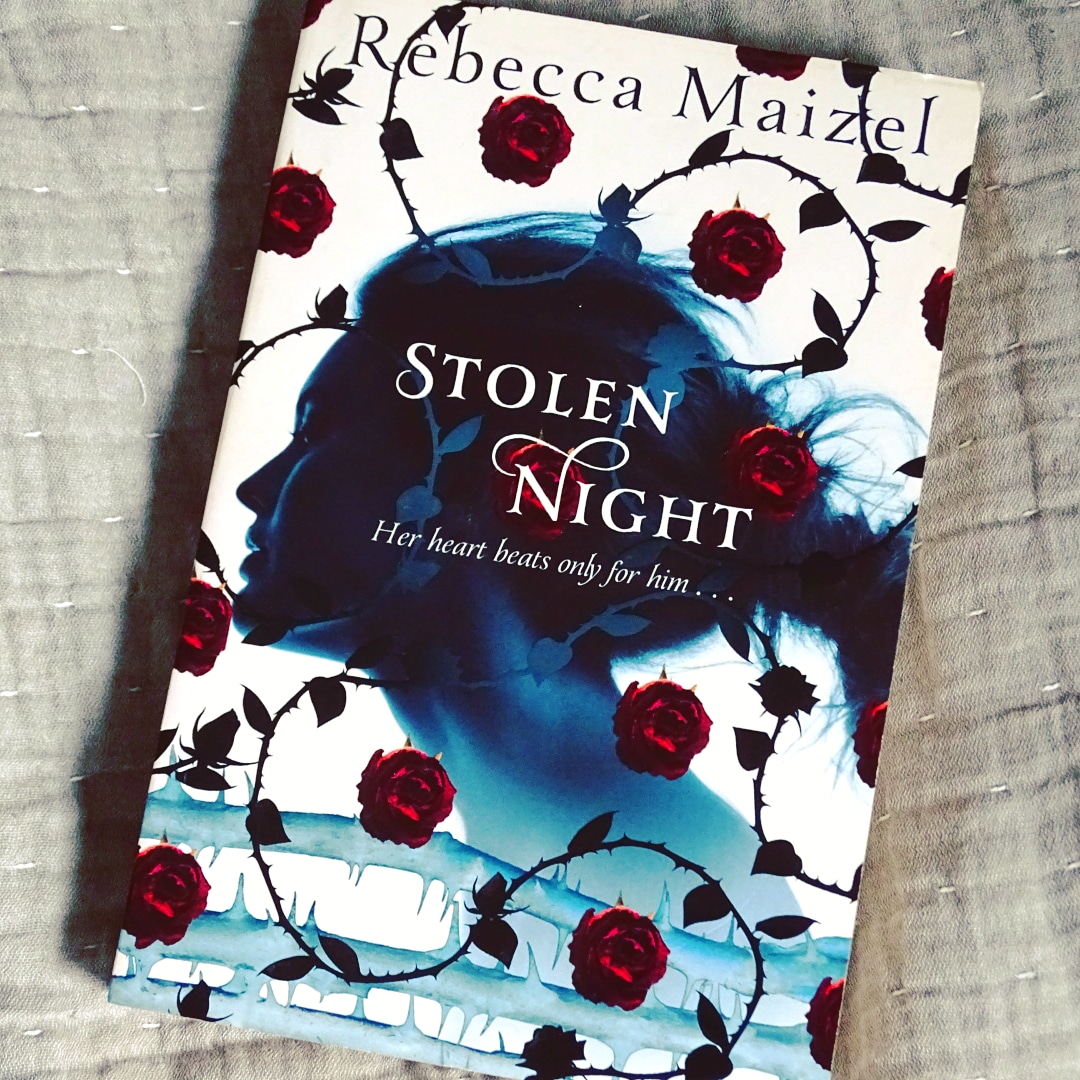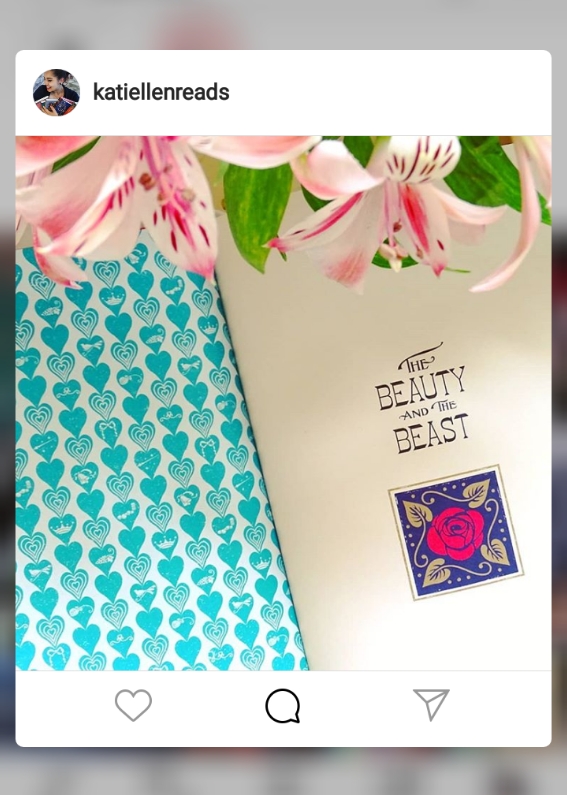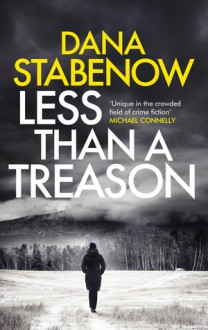
“I was sick to leave my books, and I’ve thought about them, missing them, as if they were my family. But I think maybe I’m a fool to feel that way.”
“Why a fool?” he asked. He had a foreign accent, but he had the Yeowan lilt already, and his voice was beautiful, low and warm.
I tried to explain everything at once: “Well, they mean so much to me because I was illiterate when I came to the City, and it was the books that gave me freedom, gave me the world—the worlds— But now, here, I see how the net, the holos, the neareals mean so much more to people, giving them the present time. Maybe it’s just clinging to the past to cling to books. Yeowans have to go towards the future. And we’ll never change people’s minds just with words.”
He listened intently, as he had done at the meeting, and then answered slowly, “But words are an essential way of thinking. And books keep the words true. . . . I didn’t read till I was an adult, either.”
“You didn’t?”
“I knew how, but I didn’t. I lived in a village. It’s cities that have to have books,” he said, quite decisively, as if he had thought about this matter. “If they don’t, we keep on starting over every generation. It’s a waste. You have to save the words.”
“Talk goes by,” I said, “and all the words and images in the net go by, and anybody can change them. But books are there. They last. They are the body of history, Mr. Yehedarhed says.”
These speak to the book-lover soul in me


 Log in with Facebook
Log in with Facebook 









